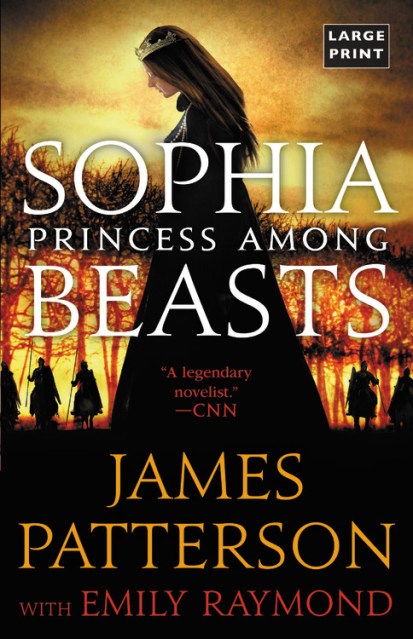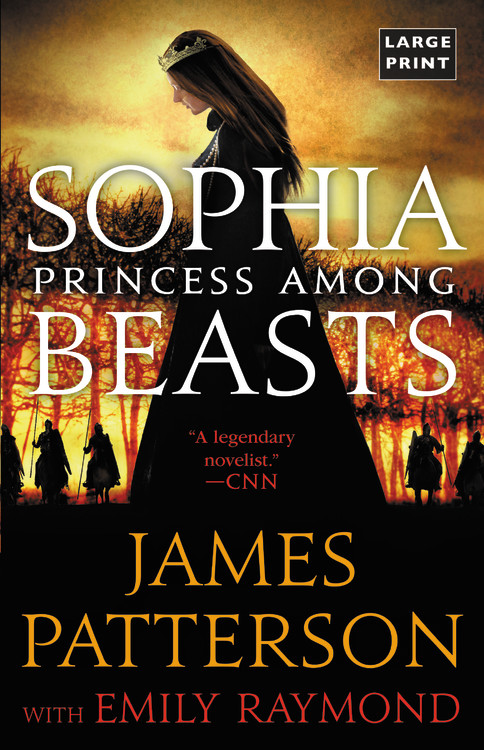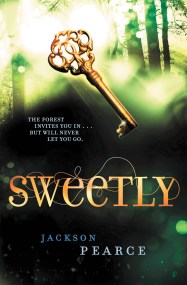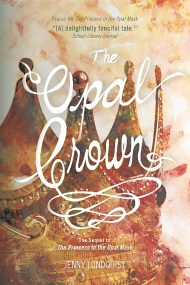Promotion
Use code MOM24 for 20% off site wide + free shipping over $45
Sophia, Princess Among Beasts
Contributors
With Emily Raymond
Formats and Prices
Price
$28.00Price
$36.00 CADFormat
Format:
- Trade Paperback (Large Print) $28.00 $36.00 CAD
- ebook $9.99 $12.99 CAD
- Audiobook Download (Unabridged)
- Trade Paperback $10.99 $14.99 CAD
This item is a preorder. Your payment method will be charged immediately, and the product is expected to ship on or around July 15, 2019. This date is subject to change due to shipping delays beyond our control.
Also available from:
A princess who has lost her mother and father finds herself in a terrifying world that urgently needs a queen in this thrilling fantasy novel.
Sophia is smart, beautiful, and accomplished, a beloved princess devoted to the people and to reading books. The kingdom is hers, until she is plunged into a nightmarish realm populated by the awful beasts she read about as a child.
The beasts are real. And so is the great army marching on her castle. The people look to Sophia for protection. They will all perish unless she can unlock an ancient secret as profound as life and death itself.
Sophia, Princess Among Beasts is a fabulous adventure, and a stunning mystery. Here again is proof of why James Patterson is the world’s most trusted storyteller.
Genre:
- On Sale
- Jul 15, 2019
- Page Count
- 368 pages
- Publisher
- Little, Brown and Company
- ISBN-13
- 9780316419963
Newsletter Signup
By clicking ‘Sign Up,’ I acknowledge that I have read and agree to Hachette Book Group’s Privacy Policy and Terms of Use








